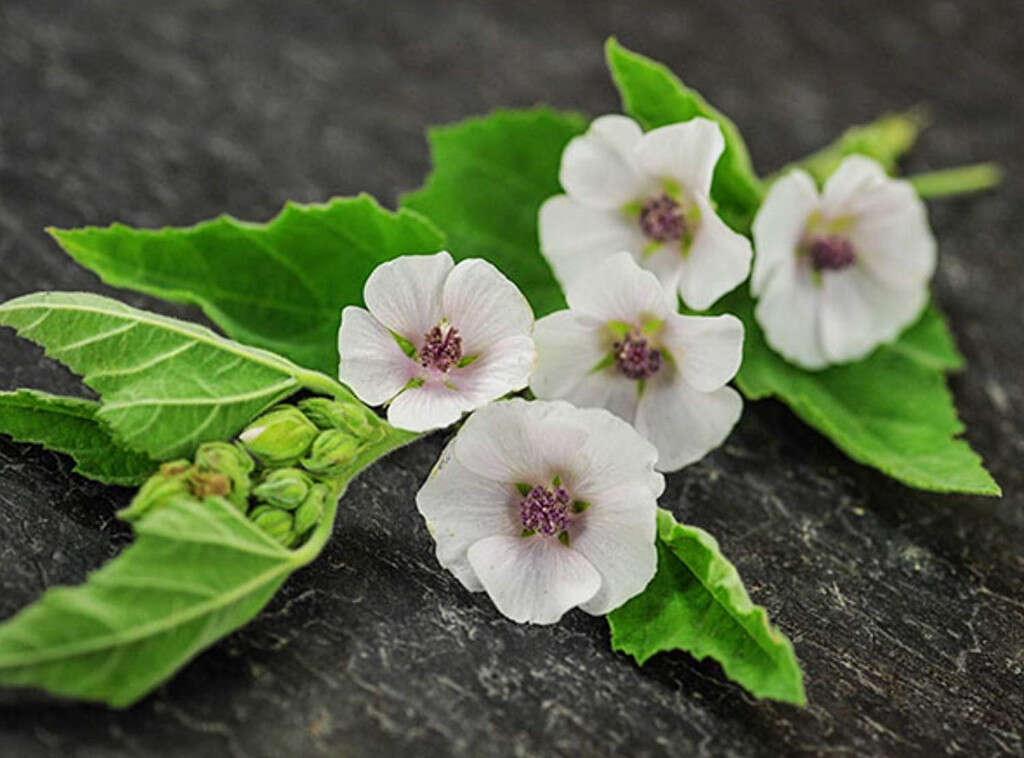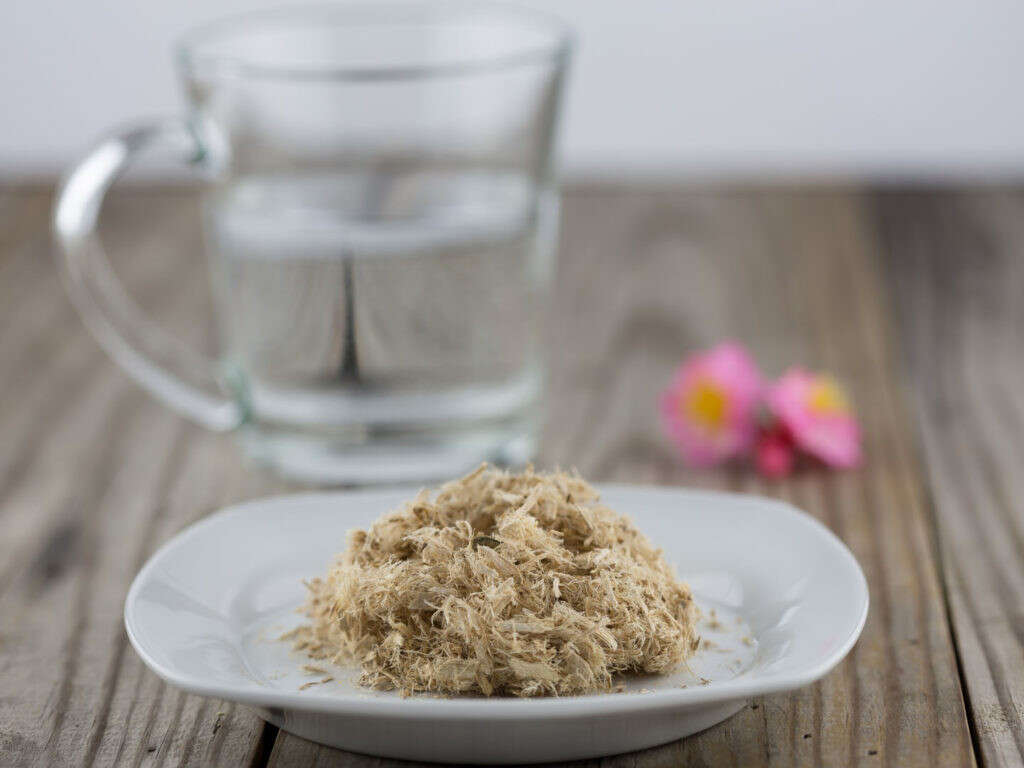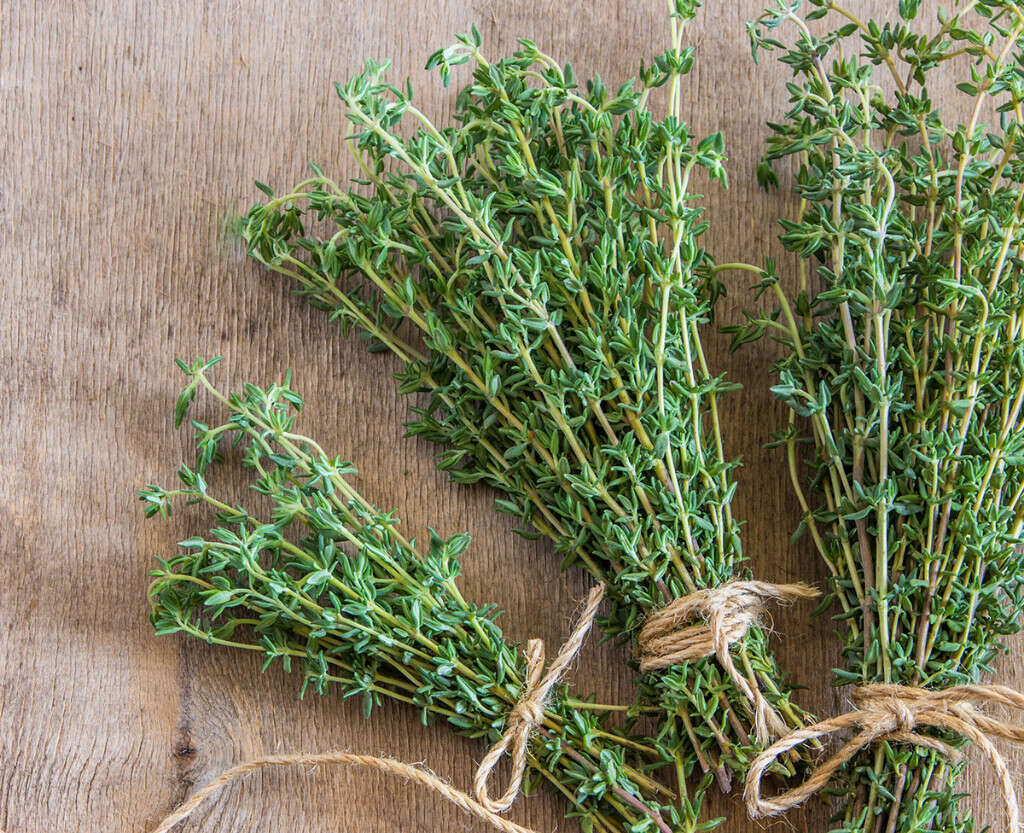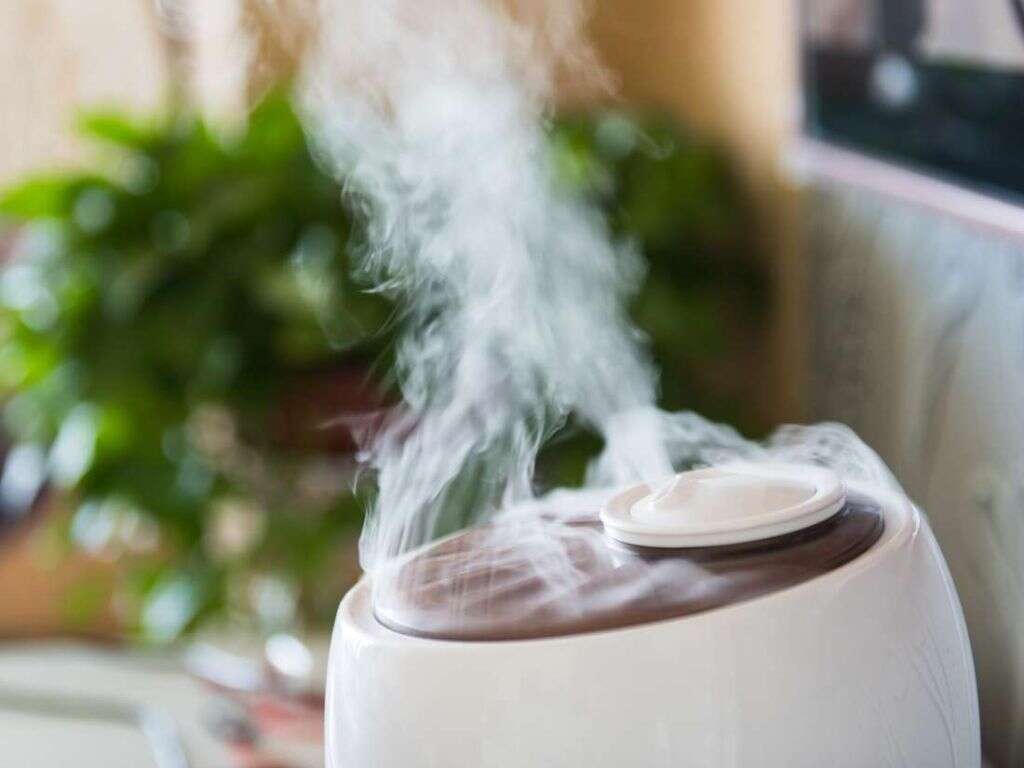10 Home Remedies For a Cough
A cough is a repetitive, sudden, and protective reflex that aims to clear the airways from foreign particles, fluids, microbes, and irritants. Persistent and frequent coughing indicates an underlying disease. From an evolutionary perspective, the pathogens benefit from the cough as the host spreads the disease to other potential hosts by coughing.
In most cases, coughing is due to respiratory tract infections. Other possible cause includes air pollution, choking, smoking, gastroesophageal reflux disease, asthma, chronic bronchitis, and lung tumors. Coughing can be exhausting as it interrupts with rest and sleep. Severe coughing can also result in chest pain and a sore throat.
Besides conventional medical treatment, there are also some natural remedies that may be beneficial for a cough. It is important to note that home remedies are not regulated or evaluated by any agency. Therefore, those who want to use natural remedies should consult their doctor.

Home Remedy #1: Ginger
Ginger is a plant that is commonly used in folk medicine and as a spice. Despite having adequate scientific evidence supporting its uses, ginger has been traditionally used medically as a remedy for nausea and vomiting.
Ginger is also thought to have anti-inflammatory properties and may be beneficial for dry or asthmatic cough. One study suggested that ginger can help relax the membranes in the airways and reduces cough. Ginger tea can be made by adding a fresh ginger slice to hot water and allowing it to steep before drinking. Lemon or honey can be added to improve the taste.

Home Remedy #2: Marshmallow Plant
The marshmallow plant or Althaea officinalis is a plant native to North Africa, Europe, and Western Asia. The plant has been used traditionally for various medical purposes. The plant has even been named to reflect its usefulness. The name of the genus comes from the Greek word “althainein,” which means “to heal.”
The young leaves and flowers are edible and can be added to salads, boiled, or fried. The stem and roots secrete mucilage and have been used in skin care and other cosmetics. The ancient Egyptians used marshmallow root in the treatment of a sore throat. As a remedy for cough, the mucilage coats the throat and eases irritation to reduce coughing.

Home Remedy #3: Pineapple
Pineapple is an edible fruit consisting of coalesced berries. It is a rich source of vitamin C and manganese. It also contains bromelain, which is a mixture of proteolytic enzymes. Bromelain is most plentiful in the core of the pineapple. Bromelain has been found to have mucolytic and anti-inflammatory properties, which can help with mucus break down and removal.
There are individuals who drink pineapple juice to help decrease the presence of mucus in their throat and suppress coughing. Bromelain supplements are also available and can be more effective. It is important to note that some individuals may be allergic to bromelain and it may interact with medications. Discuss with your doctor before starting the supplements.

Home Remedy #4: Honey Tea
Honey is a substance that is viscous and sweet. This substance is usually produced by bees through the collection of floral nectar, water evaporation, regurgitation, and enzymatic activity. Honey is stored in honeycombs. It can then be collected for human consumption.
The sweetness of honey is due to the presence of glucose and fructose. Since most microorganisms are unable to grow in honey, honey that is sealed does not spoil even after many years. Honey has been used in the treatment of wounds and burns. It can also be used as an antibiotic due to its antibacterial properties. It is also a commonly used remedy for a cough.

Home Remedy #5: Slippery Elm
Slippery elm or Ulmus rubra refers to a tree that is native to eastern North America. Medically, slippery elm has been many uses in traditional medicine. The inner bark of the tree is mucilaginous, which means that it contains a thick and gluey substance. This can be used as a demulcent. A demulcent is an agent that can be spread over mucous membranes to form a soothing film. It can be used to relieve inflammation and pain in the mucous membranes.
In the United States, it is still being produced as a demulcent available over the counter. The leaves of the slippery elm can also be dried, ground into powder, and made into a tea. The Native Americans also used it as a remedy for a cough, sore throat, and digestive issues.

Home Remedy #6: Salt Water Gargle
Salt water gargle is a remedy that has been around for a long time. While many old remedies have little to no scientific evidence to back up the effectiveness, salt water gargle does not only provide relief but also has preventative benefits. Salt water gargle creates a high salt barrier in the throat area. This pulls out fluids from the surrounding tissues and also washes out the infectious pathogen. It is important to note that it is not a cure but only helps to relieve symptoms.
To make a salt water gargle, mix a quarter or half a teaspoon of salt in a glass (8oz) of warm water. In a cough, it helps reduce phlegm and mucus and decreases the need to cough. Salt water gargle for younger children is not recommended as they may not be able to gargle properly.

Home Remedy #7: Steam
Steam inhalation is one of the most commonly used home remedies for colds, coughs, and sinus infections. Also known as steam therapy, the affected individual inhales warm and moist water vapor that helps to loosen the mucus in the airways. It can also help relieve the inflammation of blood vessels in the nasal passages.
Although it does not help to fight off the infection, it can help relieve the symptoms while the body tries to fight off the infection. Steam inhalation can be performed two to three times a day for 10 to 15 minutes per session. Adding essential oils such as eucalyptus or rosemary can also be beneficial.

Home Remedy #8: Zinc Lozenge
Since a 1984 study reported that zinc supplements could be beneficial to prevent sickness, many researches since then have found mixed results regarding the efficacy of zinc for colds. A recent analysis of several studies observed that participants who take zinc syrup or lozenges were able to reduce the length of their cold by a day, especially when they start taking zinc within the first 24 hours of experiencing symptoms.
It is postulated that zinc helps prevent the pathogens from multiplying, thus shortening the course of the disease. However, there are also researchers who have stopped recommending zinc due to lack of quality evidence. In a cough, the zinc lozenge can also help to reduce the tickling sensation in the throat.

Home Remedy #9: Thyme
Thyme is an aromatic perennial herb that can be used ornamentally, medicinally, and for culinary purposes. Medically, thyme has been found to have antimicrobial properties. Before modern antibiotics were invented, thyme oil was used to medicate bandages. It can also be used as a home remedy for a cough.
Researchers studied the effect of thyme and ivy leaves combination on a cough and found it was beneficial in alleviating symptoms of acute bronchitis and coughing. Some have attributed it to the presence of thymol or antioxidants for the benefits. Individuals looking to try thyme as a cough remedy can try a cough syrup containing thyme or drinking thyme tea.

Home Remedy #10: Dietary Changes
One of the commonest causes of cough is due to acid reflux. An easy remedy is to avoid foods that can trigger an episode of acid reflux. Since every individual has different foods and beverages that trigger their reflux, it is best to begin by eliminating the commonest triggers and observing if it helps. Patients are recommended to keep a food diary and record their symptoms.
Some common foods and beverages that can trigger acid reflux are caffeine, alcohol, citrus foods, chocolate, fried foods, fatty foods, mint, garlic, onions, spicy foods, certain spices, and tomatoes or tomato-based products.












